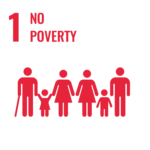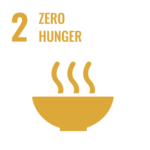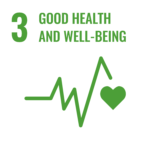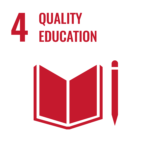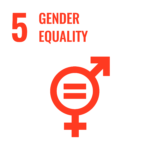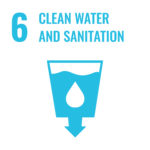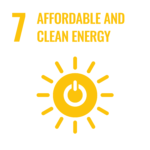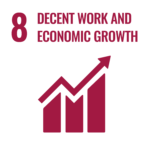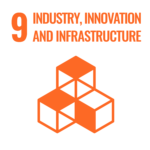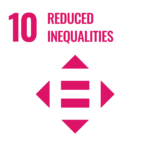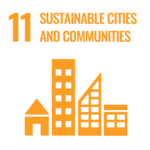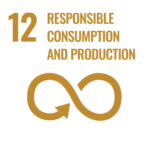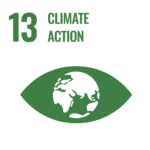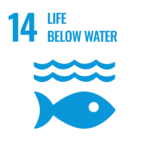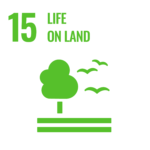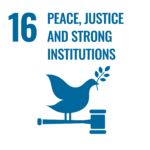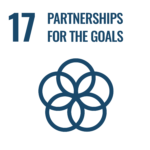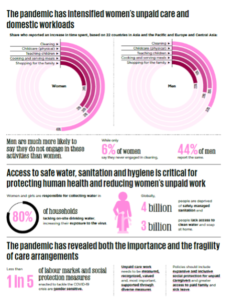SDGs
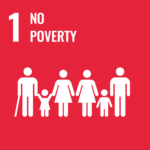
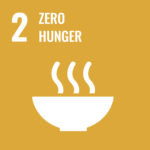
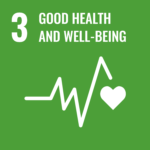
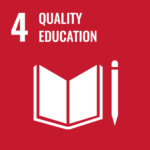
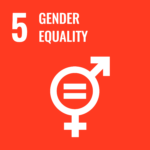
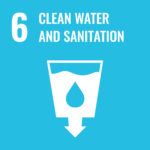
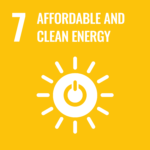
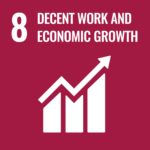
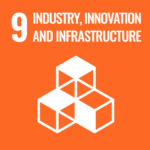
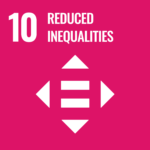
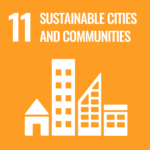
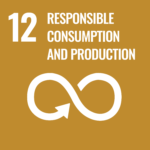
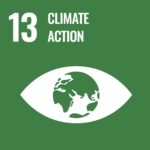
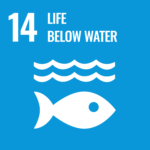
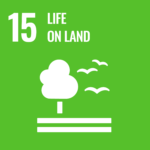
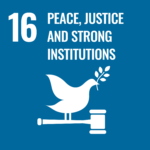
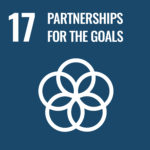
The Sustainable Development Goals (SDGs), also known as the Global Goals, were adopted by all United Nations Member States in 2015 as a universal call to action to end poverty, protect the planet and ensure that all people enjoy peace and prosperity by 2030. These goals are now under tremendous pressure with the impact of the global pandemic. In every country of the world, as vaccines begin to ‘cut into’ the ravages of Covid 19 there is a commitment to renew the attention on the SDGs which has been diverted whilst countries respond to the profound economic and health challenges which Covid 19 has unleashed across the world. IbixInsight is committed to assisting businesses, government agencies, and international bodies who seek to address the 169 discrete targets of the SDGs, which were initially set in a world innocent of the upcoming tidal waves of the Covid 19 pandemic. The seventeen categories of the SDGs are a relevant structure through which to be addressing many of the goals which need to be addressed to bring our economies, and global infrastructures of open trade, settled populations, green focussed industry, inclusive intention and sustainability built on greater equality and supported through transparent and just institutions, back into balance after the massive disruption of the pandemic wanes. We look forward to assisting you and your teams to re-engage with the ‘SDG challenge’ areas which most directly impinge on your business, or organisational purpose, in the coming weeks and months. The planetary emergency and our global pandemic shocked populations and economies require its holistic approach.
According to the World Health Organisation has not only led to a dramatic loss of human life worldwide, but presented every nation, business, and community with an unprecedented challenge to public health, food systems, progress in public protection, efforts to resource change addressing the climate emergency, the world of work, education, and the viability for many in secure domestic reproduction. The economic and social disruption caused by the pandemic is simply devastating. There are scores of millions presently at risk of falling into extreme poverty, shaving a decade off the global gains which have been made in this area. Meanwhile the number of undernourished people, which is currently estimated at nearly 690 million, is estimated as increasing by up to 20% in 2021 at present rates of impact.
Millions of enterprises internationally and thousands in the UK face an existential threat. A staggering half of the world’s 3.3 billion global workforce are currently at risk of losing their livelihoods. Informal economy workers, as we know, are particularly vulnerable because the majority lack social protection and access to quality health care and have lost access to productive assets. Many in the UK are unable to access furlough schemes and are surviving on Universal Credit. Economies are enduring levels of stress, which have not been faced in a global realisation for centuries. Without the means to earn an income during lockdowns, many are unable to feed themselves and their families. For most of the world’s population, no income means no food, or, at best, less food and less nutritious food. This form of economic vulnerability leads to increased political tension within and between states, and the decision by many to migrate to source food security and life chances.
Meanwhile, UN Women reports on the gender impact of Covid 19 From Insight to Action Gender Equality in the Wake of Covid-19 states that:
SDGs and Gender
‘the COVID-19 pandemic lays bare gender and other enduring fault lines of inequality,(moreover) the limited availability of data is leaving many questions unanswered. The disaggregation of data on cases, fatalities and economic and social impact by sex, age, and other key characteristics – such as ethnicity and race, migratory status, disability, and wealth – is vital to understanding the pandemic’s differential impacts. Most countries, however, are not regularly releasing data disaggregated by multiple dimensions, or on the differential effects of ongoing responses.
COVID-19 is exposing vulnerabilities in social, political, and economic systems. It is forcing a shift in priorities and funding across public and private sectors, with far-reaching effects on the well-being of women and girls. Action must be taken now….Women must be the architects as well as the beneficiaries of efforts to build back stronger and better in response to these highly visible fault lines. In countries with women at the helm, confirmed deaths from COVID-19 are six times lower, partly due to these leaders’ faster response to the pandemic and greater emphasis on social and environmental well-being over time. Too few women, however, are managing response and recovery efforts. Social and economic policies and programmes to confront the fallout of this crisis must be inclusive and transformative, addressing women’s leadership and labour, both outside and within the home. Placing women and girls at the centre of preparedness, response and recovery could finally bring the genuine change that women’s rights groups have long advocated for.

